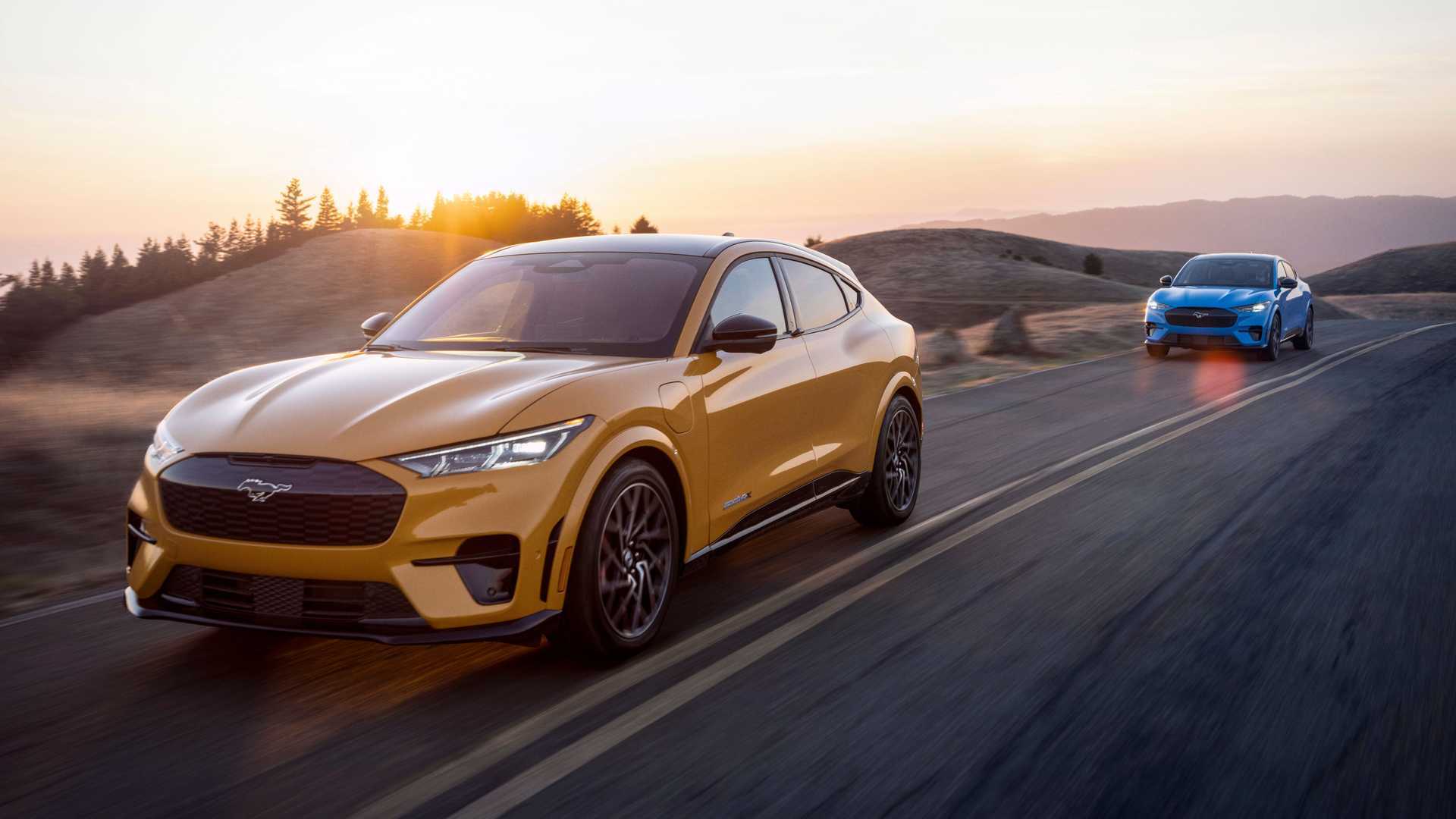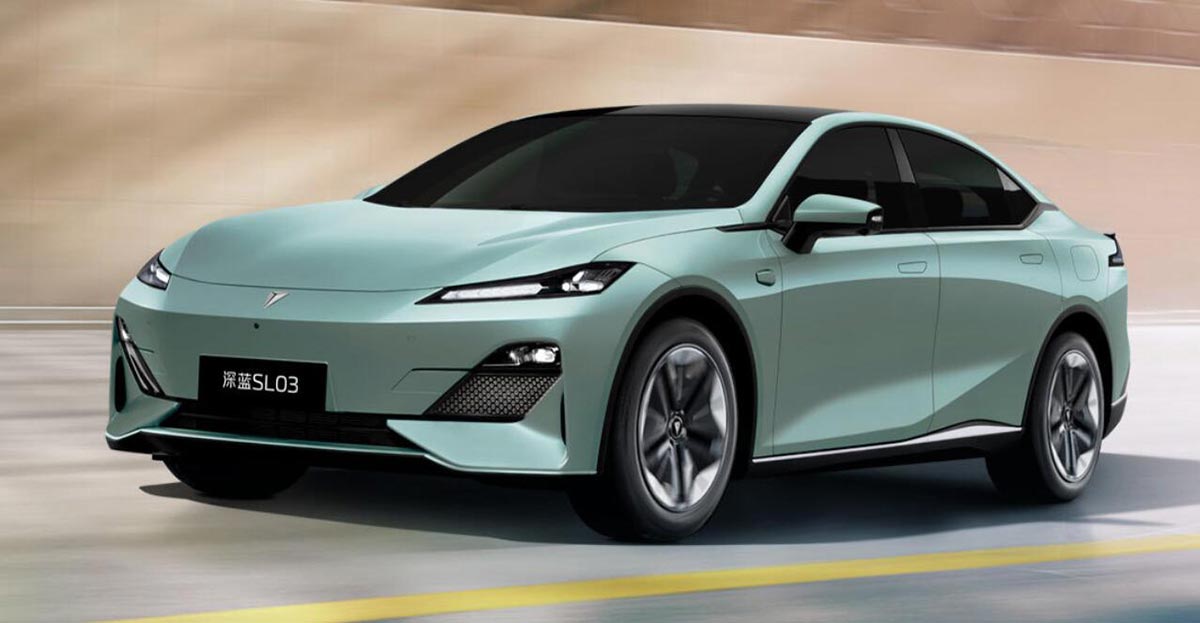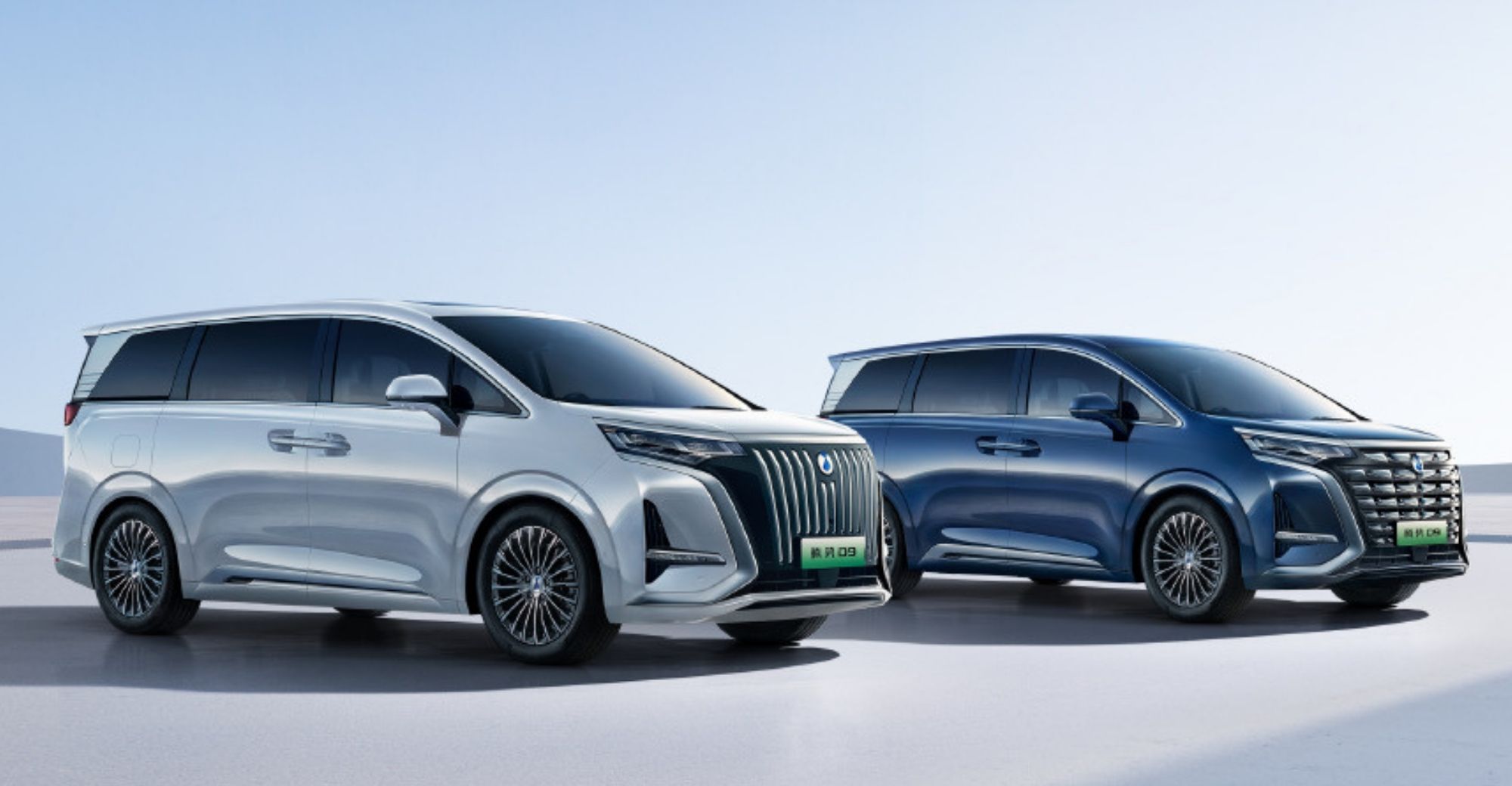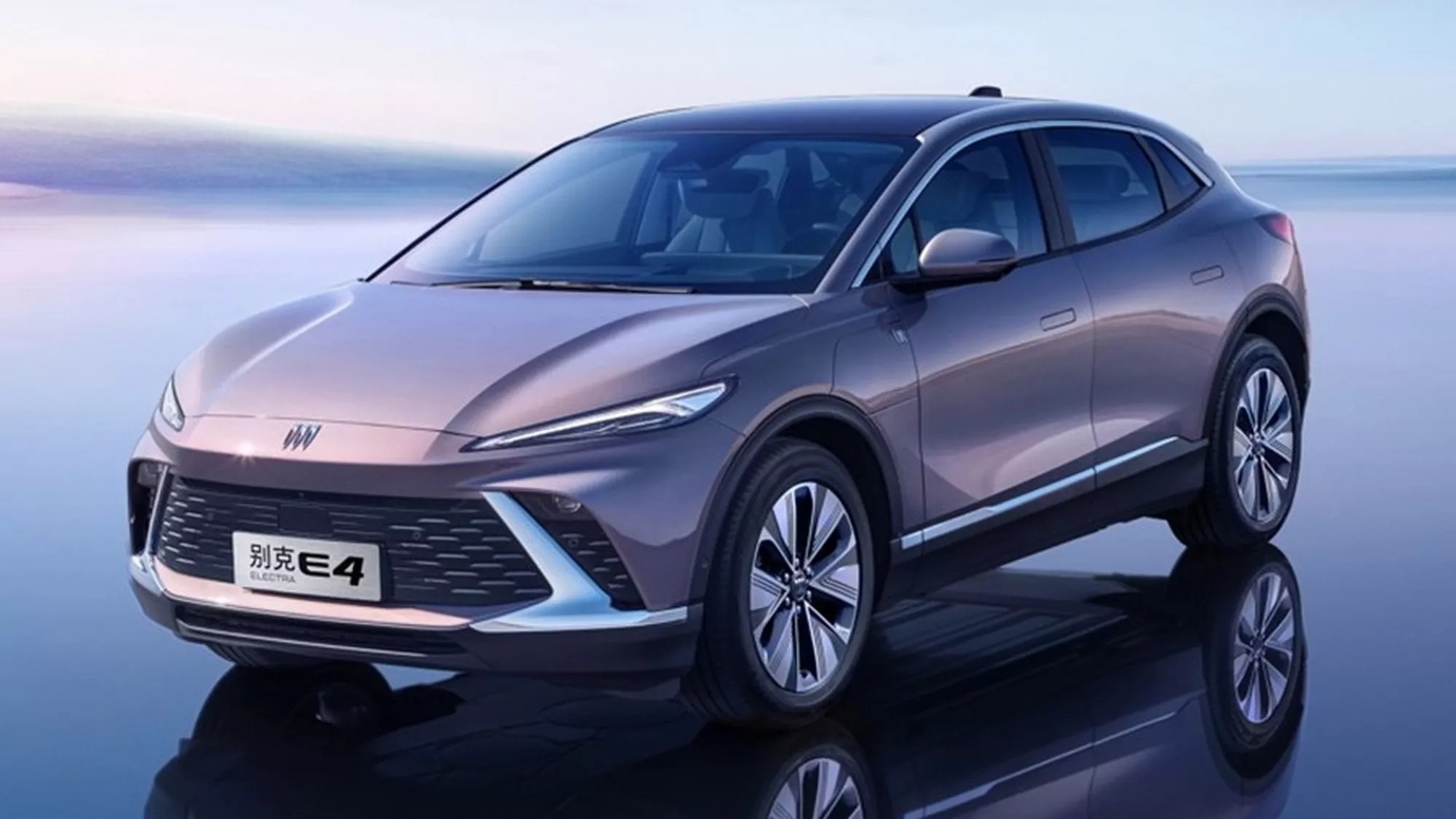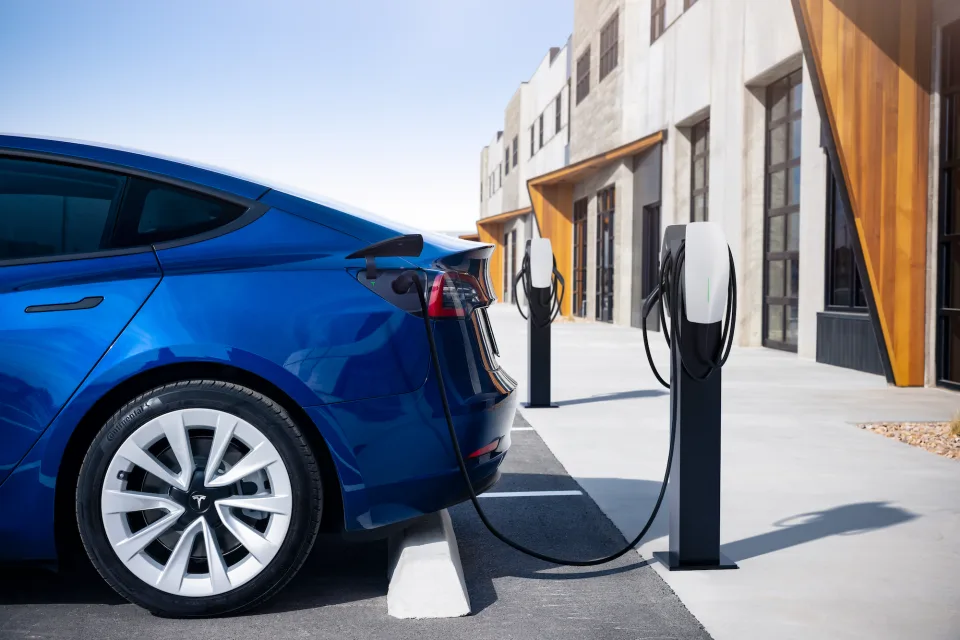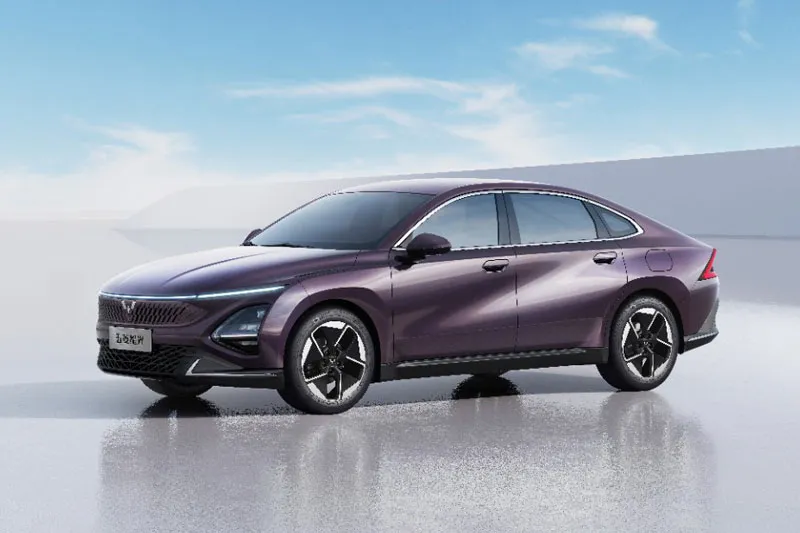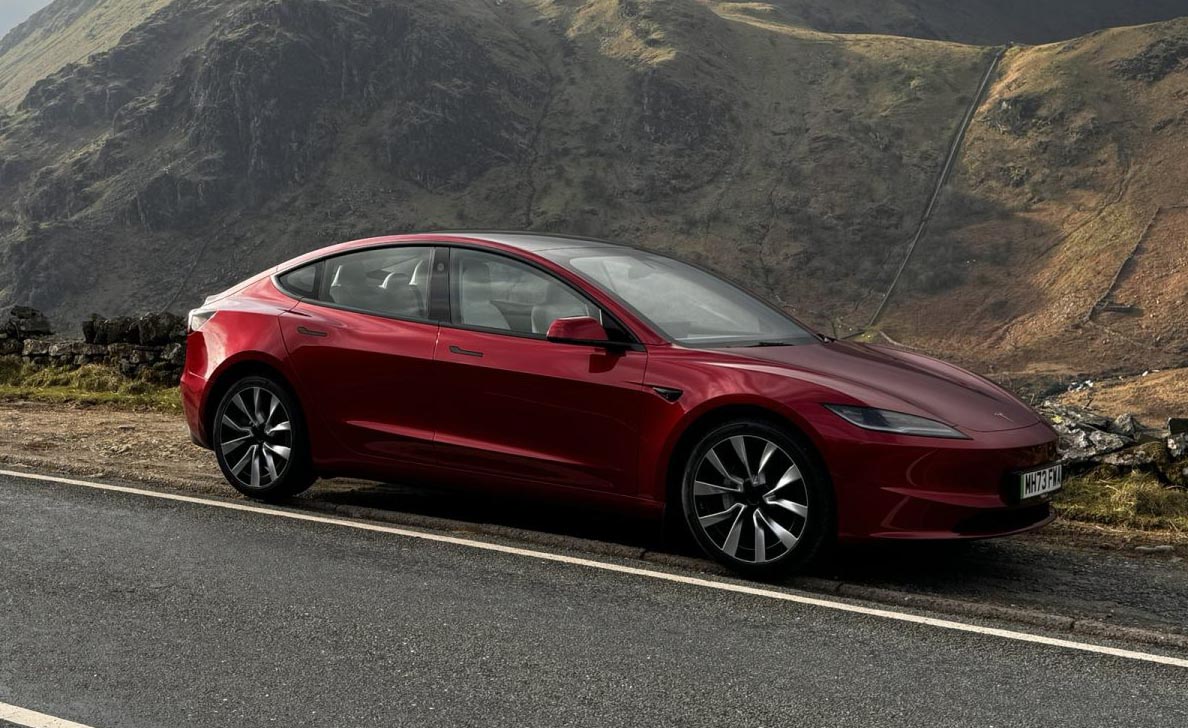Ford announced on Tuesday a significant price reduction for its Mustang Mach-E electric SUV, slashing prices by up to $8,100 following a sharp decline in sales in January. The move aims to reinvigorate interest in the electric vehicle amid increasing competition in the market.
The base model of the 2023 Mach-E now starts at $39,895, down from $42,995, while the higher-end Mach-E GT is priced at $52,395, a reduction of about $7,600. Other versions, including the extended-range premium variant, will see price cuts of $8,100, bringing the price down to $48,895.
See also: Tesla Charging Adaptors on the Horizon for Ford Mustang Mach-E and F-150 Lightning Owners
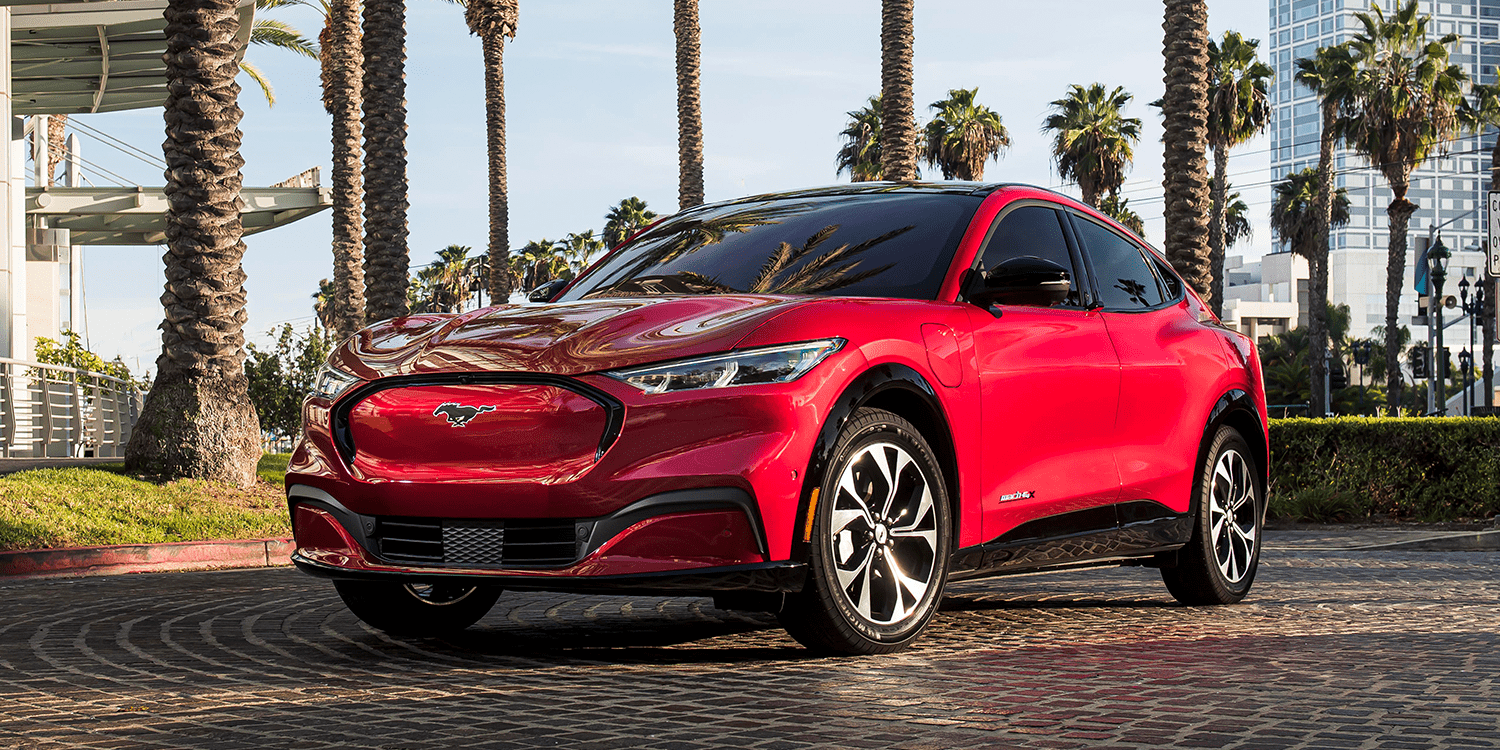
Ford stated that these price adjustments are part of its strategy to adapt to the market and achieve a balance between sales growth and customer value. The automaker’s decision comes as U.S. sales of the Mach-E plummeted by 51% in January, with only 1,295 units sold.
One of the contributing factors to the sales decline was the Mach-E’s loss of eligibility for a $3,750 tax credit on January 1. This change came about due to new U.S. Treasury Department battery sourcing requirements, which aim to reduce reliance on Chinese supply chains in the electric vehicle sector. Several other models also lost tax credits as a result of these new requirements.
The price reduction places the Mach-E in a more competitive position against rivals like Tesla’s Model Y, which starts at $42,990 before federal tax credits of $7,500. Tesla initiated a price war in the electric vehicle market early last year to boost demand and increase its market share.
See also: Ford Mustang Mach-E Electric Crossover Survives Fire Incident with Minimal Damage

In contrast, Ford and other traditional automakers have slowed down their electric vehicle push to focus on higher-margin hybrid and gas-powered models. Ford announced in January that it would reduce production of its F-150 Lightning pickup truck, scaling back production at its Michigan Rouge Electric Vehicle Center to one shift starting April 1.
Despite the challenges, Ford remains committed to its electric vehicle strategy, aiming to strike a balance between pricing, sales growth, and customer satisfaction in the competitive EV market.

